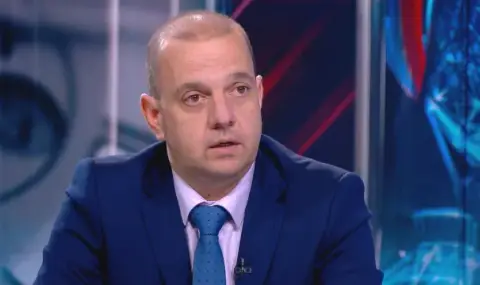At the moment the detected outbreak of small ruminant plague is in Velingrad – about 1,760 animals. They have five owners who are linked and watched together.
This is what Dr. Svetlozar Patarinski, the executive director of the BBAH, told bTV.
„The infection entered this farm more than 14 to 20 days ago. Initially, the animals were treated by three private veterinarians. They were requested by the owners," Patarinski explained.
In his words, the veterinarians did not make the correct diagnosis and the animals were treated for completely different diseases.
„After they could not cope, they sought help from the state veterinarian in Pazardzhik. Veterinarians were obliged to notify the BABH. "Due to the delay and this prolonged treatment, we have alerted the prosecutor's office," said Svetlozar Patarinski.
He explained that this disease is not treatable and is included in the list of particularly dangerous infectious diseases, and the measures are categorically spelled out in the legislation.
In his words, it is particularly dangerous, as it spreads between animals and is associated with significant economic losses, which can lead to the liquidation of an entire animal husbandry in a given country.
The infection is not dangerous to humans, but they are one of the most commonly spread secondary factors.
The director of the BABH stated that the discontent among the farmers is used politically actively by a non-parliamentary party. That is why samples have been sent to France for confirmation.
„There is a plague of small ruminants in Greece. According to the regulation, the declaration of such a disease is only possible from a national reference laboratory, such as the one for Greece located in Athens. This laboratory, which the breeders used, has not declared a single outbreak. They also had two positive antibody tests, indicating that the virus was present in this herd to build up antibodies. The protocol they show is for testing for antibodies only. Nowhere has a virus been tested”, Patarinski explained.
He appealed to farmers to show self-awareness, because the entire industry in the country is at risk.
